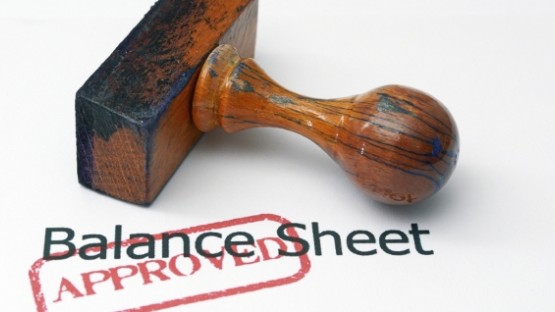
Looking for info on expat finance?
Our Global Partners
Expat Finance
“Money makes the world go round”, as the popular saying goes. However, managing your money wisely while you move around the world has its own pitfalls and issues. The articles linked below should give you an overview of all the key topics regarding expat finance. Our guide includes advice on banking and payment methods, taxation and property, as well as living expenses and financial planning.
More often than not, people avoid delving into monetary matters and spending lots of time on working out the details of their family finances. Expats are certainly no exception to this rule – quite on the contrary. Since they are often busy with all the other tasks that a long-term stay abroad requires, they may hesitate to sacrifice even more precious energy and effort on topics like taxes or cost of living. While this is completely understandable, they may literally pay for it later. Time is indeed money: If you invest in gathering information and planning ahead, you could cut down on expenses in the future.
Cost of Living, Payment Methods, Expat Banking
It all starts with looking into what life abroad might cost you. Paying a moving company or purchasing plane tickets for a long-distance flight are probably the first things to come to mind. But a successful relocation also involves checking how expensive your destination truly is. Reading up on the respective cost of living helps you figure out how far your money will get you. Even if the local population has a lower average salary than the typical expat, you might have to make allowances for safety measures, international school fees, and similar costs.
Moreover, when you move abroad, it’s also worth finding out more about the various kinds of payment methods that are common in a specific country. First of all, you’ll need quick and easy access to some funds upon arrival. But in the long run, paying attention to hidden fees for international money transfer, currency exchange, or international credit cards pays off. Even small sums can add up quickly! The same applies to expat banking and choosing the right bank to open an account with. However, since we are talking about all your earnings and savings here, cheap and convenient isn’t the only thing that counts: A trade-off for long-term security and stability might be in order.
Financial Planning, Expat Taxation, Buying Property
In the case of more complicated topics, such as international taxation, buying property abroad, or planning ahead for your family (e.g. university education, retirement provisions), stinting on immediate expenses could be the wrong strategy, though. For instance, consulting a good tax advisor isn’t cheap. But not only will he or she be able to keep you from getting into trouble with the tax authorities through lack of legal knowledge; they should also be able to point out some ways of minimizing your international tax burden through careful planning.
Purchasing property, particularly in another country, is again something that shouldn’t be taken lightly. Buying a house abroad just because you spent one holiday there, because the offer seems lucrative at first glance, or because there aren’t any legal restrictions on foreign buyers in that place could turn out to be a costly mistake. Instead, you should do your homework on property markets and the best ways to finance your mortgage abroad.
















